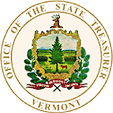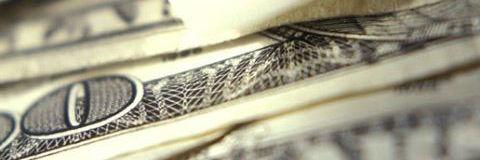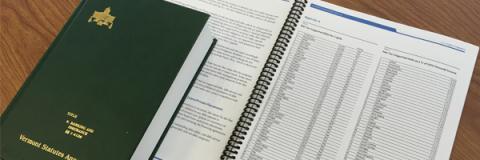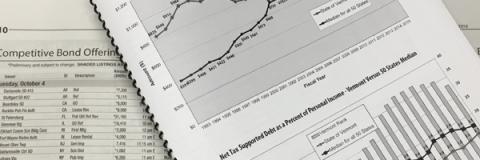MONTPELIER – Scammers are trying to cash in on the Coronavirus (COVID-19). From selling phony health care products to soliciting donations for fake charities, scammers will try anything to get your money or sensitive personal information during times of crisis. With economic impact payments or “stimulus checks” coming soon, Attorney General T.J. Donovan and Treasurer Beth Pearce want to remind Vermonters to protect their finances and to be on the lookout for COVID-19-related scams.
“Many Vermonters will be receiving payments by direct deposit or mail, and you need to be on the lookout for possible scams,” said Attorney General Donovan. “The best way to protect yourself, and your money, is to remember that the IRS will not contact you about your payment, and if someone is claiming to be with the IRS—it’s a scam!”
As part of the federal response to the COVID-19 crisis, in the coming weeks, the IRS will begin distributing economic impact payments. Most of these payments will be direct deposited into qualifying Vermonters’ bank accounts. Even so, the IRS is warning individuals to be on the lookout for scams, including fraudulent checks or attempts to solicit personal information. Here are some tips from the Federal Trade Commission to help protect your payment from scammers:
- The check’s not in the mail – yet. Reports say that paper checks – for people without direct deposit – will start arriving in May at the earliest. So, if you get an economic impact payment, stimulus, or relief check before then, or you get a check when you’re expecting a direct deposit, it’s a scam.
- The IRS will not send you an overpayment and make you send the money back in cash, gift cards, or through a money transfer. If you get an official-looking check for more than what you were expecting, the next call you’re likely to get is from a scammer. They’ll tell you to keep the amount you are entitled to, and to return the rest by sending cash, gift cards, or money transfers. It’s a scam that will leave you owing money to your bank.
- That’s not the IRS calling, texting, or emailing. Scammers are sending official-looking messages – including postcards with a password to be used online to “access” or “verify” your payment or direct deposit information. The IRS will not contact you to collect your personal information or bank account. It’s a scam.
“COVID-19 is an unprecedented challenge, and many Vermonters are under financial strain as they experience interruptions at work and daily life,” said State Treasurer Beth Pearce. “Scammers pose a major threat to your financial well-being. Be alert, pay attention to your bank and credit card statements, and monitor your credit score for irregularities. For helpful tips on how to guard against scams and manage your money, visit our MyMoney.Vermont.Gov site.”
Vermonters who would like to report scam activity or sign up for Scam Alerts may contact the Attorney General’s Office through the Consumer Assistance Program at 800-649-2424 or ago.vermont.gov/cap/stopping-scams.





